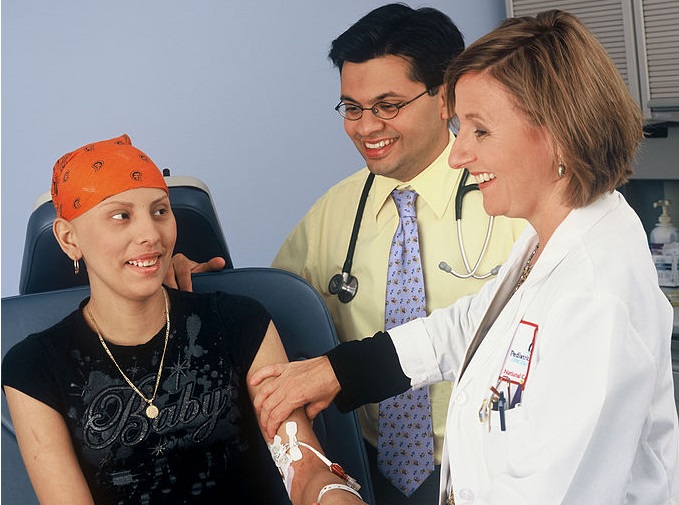Age is often only a number, right?
In traveling to the Dominican Republic this summer, the idea of age as a number versus a mentality returned to me. We sometimes encountered children or teenagers who never had a parent or much family support. Teenagers showed up with their own children to look after, blowing the idea of an “average 15- or 16-year-old” out of the water. The transition between childhood and adulthood there was more distinct than our murky phase of adolescence (or arguably prolonged young adulthood) and struck me. How do we consider that in our own country or in global medicine when we talk about informed consent and decision-making capacity in the pediatric setting?
Historically, the law and medicine have diverged in their ethical bases and reasoning. Medicine and medical ethics often allow 12- to 13-year-olds who appear mature decision-making capacity with regards to increased cognition and development, while legal texts are more adherent to the rights of the parents and presumption that “parents possess what a child lacks in maturity, experience, and capacity for judgment required for making life’s difficult decisions” [1]. Two major considerations are made for this: legal emancipation and mature minor exemption laws. Generally, emancipated minors are considered those who are self-supporting, not living at home, married, pregnant or a parent, in the military, or declared emancipated by the court [2]. Mature minor exemption laws allow a minor to consent to medical care regardless of parental consent if they can convince a court they are mature enough to act in their own best interest and make an independent judgment in the treatment, a process also known as judicial bypass [2]. Both mature minor laws and emancipation vary by state. As of 2013 in the state of Arizona, there is no mature minor exemption unless the patient is already emancipated, there would be public health concerns without treatment, or the treatment involves emergent or abortive procedures [1].
People in many dire situations are forced to mature at earlier ages and sometimes make significant decisions. Many policymakers recognize that youth are more likely to seek medical care on sensitive issues if they do not believe their parents will find out; as such, the majority of states in the US have laws allowing minors to consent to STD/HIV testing or to pursue treatment for alcohol or drug abuse or mental health issues [4]. Special situations can also arise in dealing with homeless youth; in Arizona, homeless youth can consent to hospital, medical, and surgical care without need for parental consent [3].
Ultimately, we must remember to do no harm in regards to the patient. The patient has the right to fair and equal treatment and the prevention of undue suffering. We must also consider competence in decision-making capacity, which often requires adequate information and understanding of the implications of possible outcomes. We must remember when possible to help the child be appropriately aware of their condition and what to expect from treatment and tests, and we must continually assess the child’s understanding of their situation. Pursuing such care will enable participation by the patient in his own health care management and allow any self-advocacy in the patient to be voiced in care. For those who are forced to grow up earlier due to circumstances, this process will recognize the autonomy of the patient and reduce any marginalization in access to care.
1. Coleman DL, Rosoff PM. “The Legal Authority of Mature Minors to Consent to General Medical Treatment.” Pediatrics. 2015; 131(4):786-793. doi: 10.1542/peds.2012-2470
2. Maradiegue A. Minor’s Rights Versus Parental Rights: Review of Legal Issues in Adolescent Health Care. J Midwifery Womens Health. 2003;48(3)
3. National Association for the Education of Homeless Children and Youth. Unaccompanied Youth’s Rights to consent for Medical Treatment. November 2011.
4. Boonstra HD, Nash E. Minors and the Right to Consent to Health Care. Guttmacher Policy Review. August 2000; 3(4)
Alexandra Cooke is a medical student at The University of Arizona College of Medicine – Phoenix. She graduated in 2013 from UA with bachelor's degrees in physiology and international studies. This self-proclaimed global health nerd and news junkie can commonly be found downtown exploring local coffee shops and bookstores or out dancing ballroom or swing with friends. In the future, Alexandra hopes to incorporate her passions (somehow) into her medical career and be able to empower patients. She is one of the co-chairs of the Medical Ethics Interest Group.

